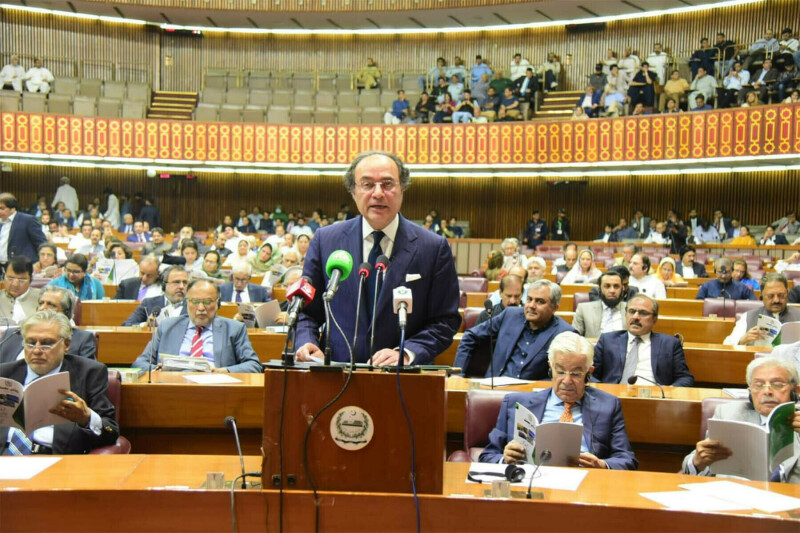Budget ignored 11m poor Pakistanis, experts bemoan – Business

KARACHI: While the people are still trying to gauge the real impact of the new budget on their lives, an interaction with the man on the street revealed that 40 per cent Pakistanis living below the poverty line had a feeling the government had left them to fend for themselves.
Finance Minister Muhammad Aurangzeb said nothing about tackling poverty in his budget speech, disappointing the have-nots who have no safety nets whatsoever. The entire budget document laid emphasis on growth and economic stability, but made no mention of 11 million Pakistanis living below the poverty line.
Although the government has increased the allocation for Benazir Income Support Programme (BISP) from Rs425 billion to Rs530bn, analysts see it as a sop to please the Peoples Party. The latter uses it for point scoring. Analysts observed that the tax burden had once again fallen on the salaried class and the low income segments of society. This will push more people into abject poverty, they feared.
The World Bank reported last year that nine million Pakistanis were living below the poverty line. In the previous fiscal of FY23, the economy had contracted while this year the growth rate could be around 2.3 per cent. But this growth is not enough to create jobs for new entrants to the labour force while the already jobless poor have pushed the number of people living below the poverty line to 11 million.
“How can new jobs be created when the private sector is out from the market due to a record high interest rate and the government is spending too little on development,” wondered Hasham Ahmed, an industrialist.
China as example
He said all governments in the country had made the mistake of ignoring the poor and doing nothing to lift them out of crushing poverty. He cited the example of China, which has liberated more than 700 million people from abject poverty over the last three decades.
India, on the other hand, did nothing to improve the lot of 350m poverty-stricken people during the 1970s and the 80s, Mr Hasham recalled.
Published in Dawn, June 14th, 2024
This article was originally published by a www.dawn.com
Read it HERE







